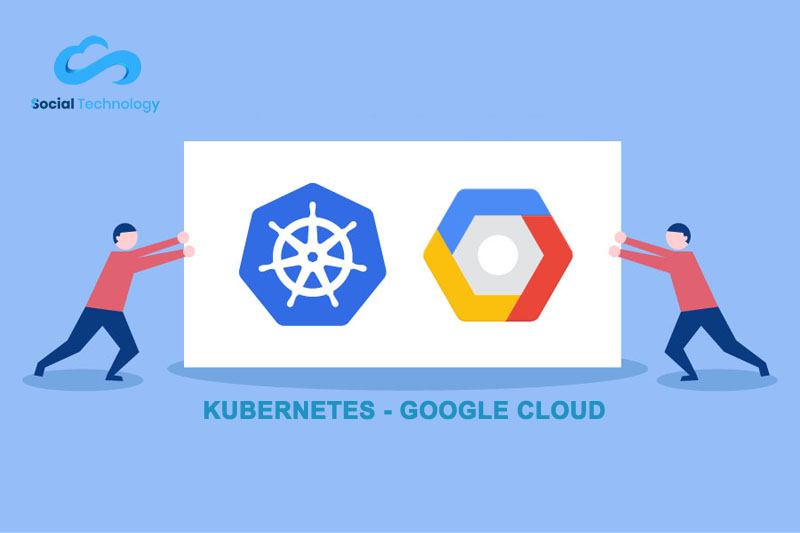The name Kubernetes comes from Greek, which means helmsman or pilot, and is the origin of the words governor and cybernetics.
Right now, Kubernetes is an open source platform that is used to manage containerized application workloads, as well as providing declarative configuration and automation. Kubernetes are in a large and fast growing ecosystem. Kubernetes service, support and tools are widely available.

Google opened Kubernetes as an open source project in 2014. Kubernetes was built based on Google’s experience of a decade and a half of running workloads together with contributions from the best ideas provided by the community. Kubernetes was originally designed by Google, and is now maintained by the Cloud Native Computing Foundation. It aims to provide a platform for automating deployment, scaling, and operations of application containers across clusters of hosts
Kubernetes has a number of features that can be described as follows:
- Container platform
- Microservices platform
- Cloud platform that is not easily moved
Kubernetes provides a container centered management environment. Kubernetes orchestrated computing, networking, and storage infrastructure. This feature then makes the concept of Platform as a Service (PaaS) simpler equipped with the flexibility possessed by Infrastructure as a Service (IaaS).
Although Kubernetes provides a lot of functionality, there are always circumstances where it requires new features. Kubernetes is designed as a platform for building component ecosystems and tools to facilitate the deployment, scale and application management processes.
Kubernetes is not an ordinary PaaS (Platform as a Service). Although Kubernetes runs at the container level and not at the hardware level, it provides several features that are usually provided by PaaS, such as deployment, scaling, load balancing, logging, and monitoring.
However, Kubernetes is not a monolithic system, but a system that is a building block and pluggable that can be used to build a platform that is needed by developers while still maintaining the concept of flexibility.
When deploying containers with Kubernetes or containerized applications, companies need to provide fast and reliable storage for databases, root images and other data used by the containers. Currently persistent storage for Kubernetes or storage for Kubernetes is offered by several storage providers.
From contact menu on this website, you can call or email PT Sosial Teknologi Indonesia for Cloud Storage Services that your company needed.






Leave A Comment